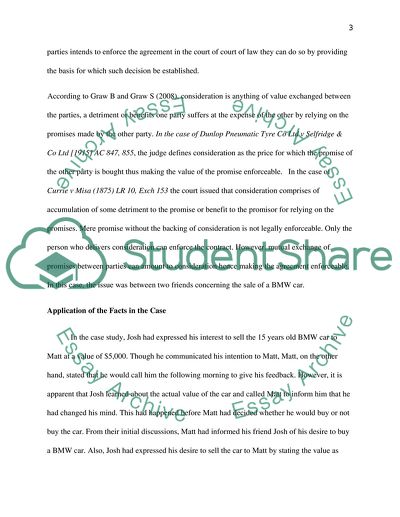Cite this document
(“Case Study Example | Topics and Well Written Essays - 1500 words - 16”, n.d.)
Case Study Example | Topics and Well Written Essays - 1500 words - 16. Retrieved from https://studentshare.org/law/1692049-case-study
Case Study Example | Topics and Well Written Essays - 1500 words - 16. Retrieved from https://studentshare.org/law/1692049-case-study
(Case Study Example | Topics and Well Written Essays - 1500 Words - 16)
Case Study Example | Topics and Well Written Essays - 1500 Words - 16. https://studentshare.org/law/1692049-case-study.
Case Study Example | Topics and Well Written Essays - 1500 Words - 16. https://studentshare.org/law/1692049-case-study.
“Case Study Example | Topics and Well Written Essays - 1500 Words - 16”, n.d. https://studentshare.org/law/1692049-case-study.


